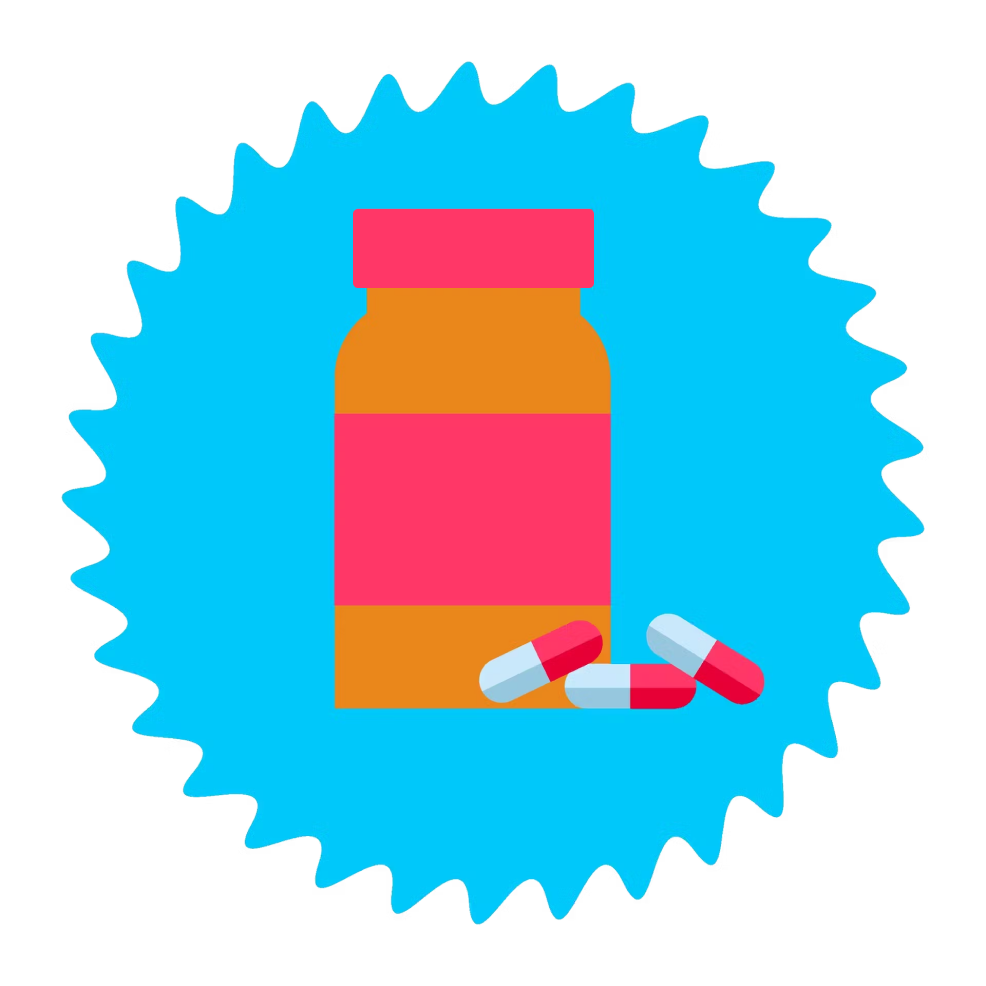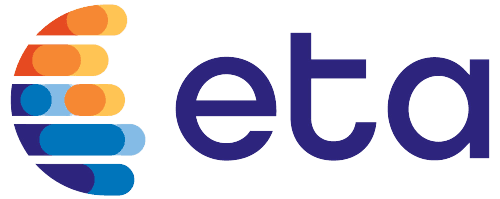
Industries
Nutraceutical Merchant Account and Payment Processing
Concerns over the harmful side effects and the addictive properties of many pharmaceuticals have led some consumers to turn to nutraceuticals as an alternative. These food source-derived substances are dietary supplements that offer numerous potential health benefits, such as protecting against chronic diseases, slowing the aging process and increasing life expectancy.
Often, nutraceutical products are sold by multi-level marketing companies. Although multilevel marketing has been around for decades, some credit card processing service providers classify them as high-risk ventures. Many banks are also reluctant to partner with MLM companies. This can make it difficult for nutraceutical companies to obtain a reliable merchant account. With Zen Payments, you don't need to worry about account shutdowns and other challenges. We'll get a long-term nutra merchant account set up for your company so you can stop worrying about your payment processing.
BOOST YOUR NUTRACEUTICAL BUSINESS
WITH ZEN PAYMENTS
Zen Payments is the go-to provider of merchant services for anyone in the nutraceutical or supplement industry. We specialize in providing long-lasting high-risk merchant accounts for our nutraceutical businesses, so they can continue to grow their business without worries of held funds. You need a company that has experience in dealing with various forms of industry compliance and standards to take care of payment processing for your nutraceutical business.
We have 15 years of experience, meaning we have the knowledge and expertise that brings comfort and success to our nutraceutical businesses. With our chargeback protection, underwriting process, and incredibly low rates and merchant account fees, you will see why Zen Payments is the best provider of nutraceutical merchant accounts.

YOUR NUTRACEUTICAL MERCHANT
ACCOUNT SOLUTION
The best time to get nutraceutical merchant accounts is right now in 2024. The nutraceuticals marketplace is projected to hit over 700 billion dollars by the year 2027. With Nutraceuticals rising at such an alarming rate now is your opportunity to capitalize on the market share and become a nutraceutical merchant. It's time to get your product delivered to consumers.
In order to start selling products, however, you will need to be able to process payments online. That means you'll need a bank and payment processor along with a merchant account. While retail stores do make up a percentage of the market, the majority comes from online eCommerce sales. It takes a certain payment processing to be able to keep up with this market and keep you compliant. Due to regulations on products and the high volume of sales, nutraceuticals are considered high-risk, and require a high-risk merchant account in order to start collecting payments from customers.

WHY ARE NUTRACEUTICALS
HIGH-RISK?
Nutraceuticals, supplements, or any product under this umbrella are considered to be high-risk by banks. There are a few reasons for this, all of which you should be aware of when getting a nutraceutical or supplement merchant account.
The first reason is due to a high chargeback ratio. This is common in the nutraceutical and supplement industry because of a discrepancy between the product description and results. Many customers will purchase a product, and if it does not deliver them the desired result they will be more prone to ask for a refund. Whenever refunds are being requested, chargebacks aren't too far behind. Traditional processing companies worry about these chargeback disputes. You need someone like Zen Payments to help you mitigate chargeback risks, and keep your business processing. We have a chargeback management system that will prevent issues.
The next reason is simply due to the high volume of CNP transactions taking place. These two will work in tandem against nutraceuticals and are why the industry is high-risk. Because of the industry, you will need high-risk merchant services to keep your business running smoothly.

OTHER REASONS YOUR BUSINESS COULD BE
CONSIDERED HIGH-RISK
Companies in certain industries, like the nutraceutical industry, are often considered high-risk simply because of what they sell. However, businesses may also have a hard time qualifying for merchant accounts because of the credit status of the business owner. For example, a business owner may run into trouble during the application process if their credit history is troubling or non-existent. Traditional merchant account providers want to see an extensive credit history to approve the application. Business owners with poor credit scores or negative bank statements may also be considered high-risk, even as a legitimate company. In any of these cases, the company would need to look for a high-risk merchant account provider rather than a traditional one.
If you face any of these issues as a nutraceutical business owner, Zen Payments can help! We have a 98% approval rate and often help merchants with credit scores as low as 500 obtain high-risk merchant accounts.
Learn More About Zen Payments Processing Solutions
SERVICE IS
KEY
Nutraceutical is an umbrella that has quite a few products under it from a payment processing standpoint. Everything from weight loss supplements to vitamins may fall into this category. You need to make sure you work with the right merchant services provider to ensure that you are covered and compliant to sell your products. We have merchants all over the world selling nutraceuticals. If you are selling any of the following, you are considered a high-risk nutraceutical merchant and will need a high-risk merchant account:
- Male Enchancement
- Botanicals
- Nootropics
- Herbal Products
- Skin Products
- Supplements
Zen Payments has experience with all of these and more. We specialize in nutraceutical merchant account solutions for storefronts and online businesses. Call us today to get more information on how you can become a compliant nutraceutical merchant and start selling these products online. We offer custom solutions for high-risk merchants and will help you with nutraceutical credit card processing and a merchant account.
Other Reasons To Choose Us For Nutraceutical
Credit and Debit Card Processing
We pride ourselves in providing the best nutra merchant account services in the business
Examples of the additional benefits of choosing the Nutraceutical merchant services from Zen Payments include:
Specialized expertise
At Zen Payments, we specialize in partnerships with high-risk businesses like nutraceutical and supplement sellers. This focus allows us to bring a unique perspective to our role as payment processors for supplements. We understand the challenges you face and what it takes to overcome them and achieve your service objectives.
Multiple sources
We work with more than 15 banks willing to support supplement merchant accounts — many of our competitors have only one financial partner. With so many options available, we're more likely to find an institution that's the ideal match for your business operation. Our flexibility sets us apart from the rest!
Compatibility with the leading credit card providers
Our merchant card accounts allow you to accept all major credit cards, including Visa, MasterCard, Discover and American Express. You can also take additional forms of payment like EBT, gift cards, PIN-debit cards and e-check.
Numerous processing options
You'll have access to many ways to perform nutraceutical supplement credit card processing with Zen Payments. Your account comes with the availability of a free iOS mobile app for your convenience. We also offer paid mobile apps for Android smartphone and tablet users.
Transparency
Our commitment to being upfront with our clients makes us a valued business partner you can trust. You'll never have to worry about hidden fees or surprise charges. Instead, you'll receive a complete list of your costs when you sign up for our supplement merchant services, which will remain the same for the duration of the account.
Maximum security
Every business that handles credit card transactions must adhere to the Payment Card Industry Data Security Standard (PCI-DSS) certification requirements regarding the protection of customer data. A nutraceutical industry merchant account from Zen Payments conforms with these stringent guidelines, giving you extra peace of mind.

Find Your Zen with a Zen Payment
Nutraceutical Merchant Account
We support all kinds of merchants, including those looking for nutraceutical or supplement merchant accounts. With a variety of high-quality payment gateway solutions and 24/7 support, you can rest assured that we are in your corner. You can keep tabs on the health of your business while we handle the payments. We also offer chargeback reduction services to be able to prevent the losses you can suffer due to high-volume chargebacks. Call us today, and let us get your business processing payments and get you a high-volume merchant account today!
Need a merchant
Account?
If you're looking for nutraceutical payment solutions that will positively impact your business, Zen Payments is ready to help. Get started right now by contacting us online or giving our merchant services specialists a call at 877-715-4501.
Apply Now





